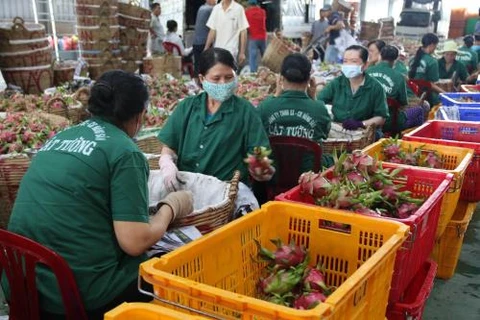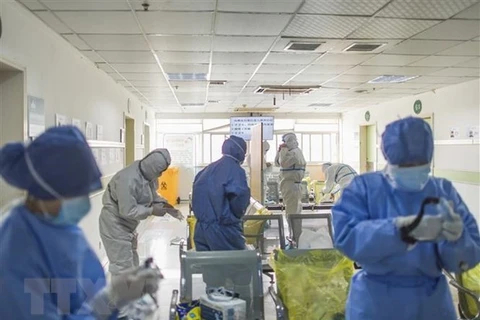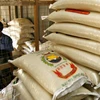 The Singapore Purchasing Managers' Index fell 1.6 points in February, the biggest drop in a month since August 2014. (Photo: straitstimes.com)
The Singapore Purchasing Managers' Index fell 1.6 points in February, the biggest drop in a month since August 2014. (Photo: straitstimes.com) Singapore (VNA) – Singapore’s manufacturing shrank in February at the fastest pace in more than five years, reflecting the disruption caused by the outbreak of the acute respiratory disease caused by the SARS-CoV-2 (COVID-19).
The Singapore Purchasing Managers' Index (PMI) fell 1.6 points in February, the biggest drop in a month since August 2014, according to data from the Singapore Institute of Purchasing and Materials Management (SIPMM).
The decline was led by the electronics sector which had expanded in January for the first time after languishing in contraction territory for 14 straight months.
The electronics PMI fell 2.5 points from the previous month to 47.6, the lowest since December 2012. The decline was also the biggest in a month since October 2012.
This is the first set of data to show the true extent of the hit the economy might take from the outbreak.
Key components of the Singapore PMI - new orders, new exports, factory output, inventory and employment - all declined, reversing the gains in the final months of 2019.
Imports, input prices, supply deliveries and order backlog also snapped out of the recovery mode. The finished goods index posted a slower rate of expansion.
The Government last month lowered its GDP growth forecast, raising the possibility of the first full-year recession in about two decades.
The dip in Singapore's manufacturing activity follows reports from around the world this week showing factories taking a beating from the outbreak.
Activity in China shrank at a record pace. US manufacturing activity also slowed in February as new orders contracted. Japan's factory activity was hit by the sharpest contraction in nearly four years.
Manufacturing in the Republic of Korea (RoK) shrank at a faster pace./.
VNA























